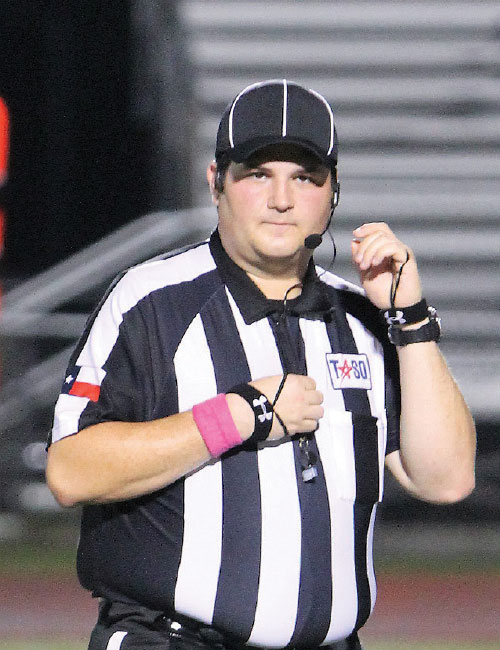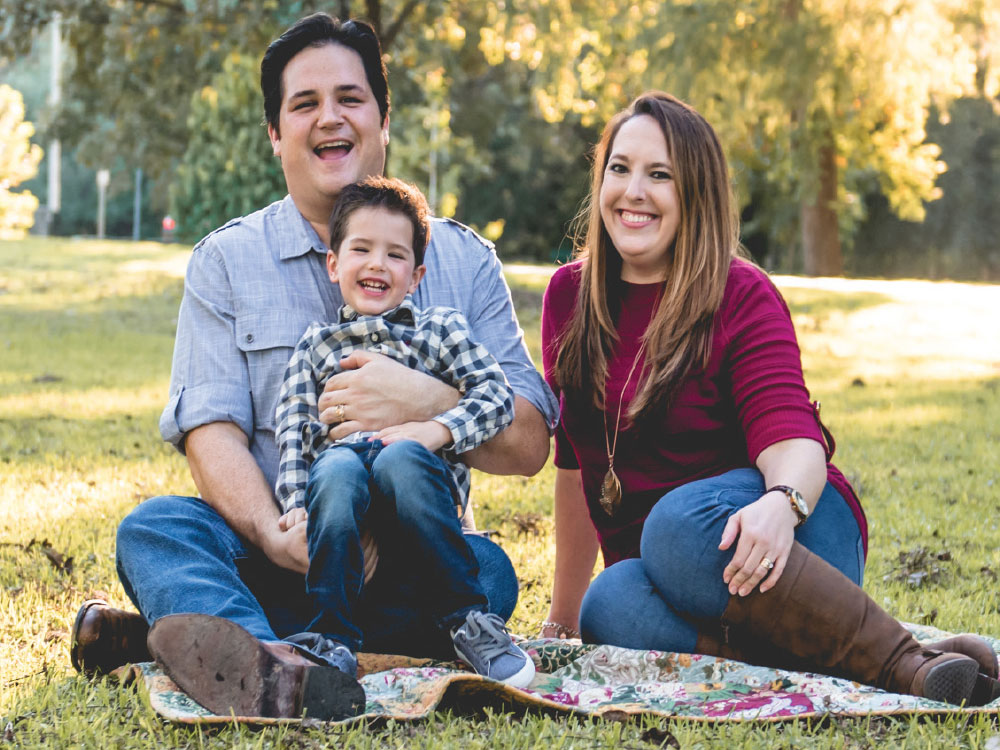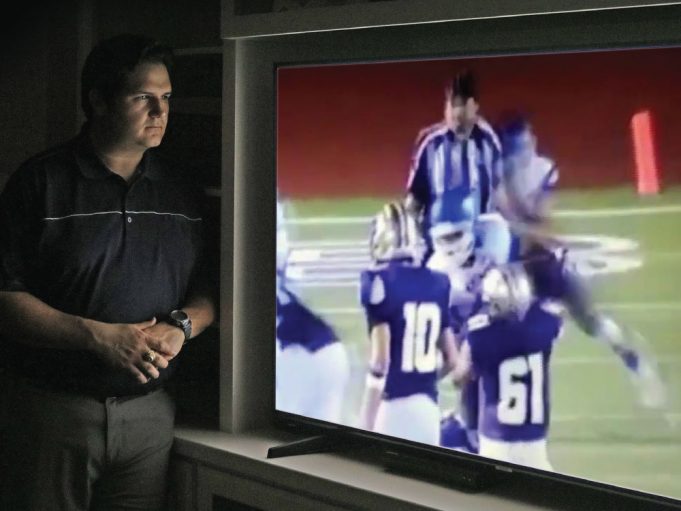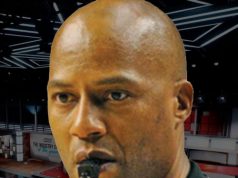Veteran football official Robert Watts
was recently elected president of the Austin (Texas) Football Officials Association (AFOA). It is all part of moving on with his life and getting back into the game.
In a paraphrase of something a fellow official recently told him: “He has changed the narrative.”
Peter Tao, supervisor of officials for the AFOA, wouldn’t have expected anything else from Watts.
“Robert has handled things great,” Tao said. “I saw him when he was recovering. It was quite an ordeal he went through, but at the end of the day, he’s an official. He loves football and officiating and he was going to find a way back. There was never any doubt in my mind. It was just a matter of when.”
Tao referred to this:Watts served as the umpire when he was made the subject of a vicious, blindside targeting attack by two players in what was a chippy, physical September 2015 game at Marble Falls, Texas.. The video of that double hit went viral nationally and resulted in players being suspended and a coach being found guilty of assault for ordering the hit.
Watts was subjected to the hit because he was wrongly accused of using racial slurs toward the offending team. He has repeatedly and publicly denied ever doing so. The hit caused a traumatic brain injury and other health issues.
Four years later, Watts is still dealing with some residual issues related to the injury along with the fact that the matter is still not closed legally, as some aspects of the incident continue to be litigated. He has a lawsuit against some of the plaintiffs, awaiting trial in the United States District Court for the Western Division of Texas.
Despite all that, the 36-year-old Watts, an 18-year veteran of the stripes, now considers himself an active and energized official again. Someone who still firmly believes in his avocation, who wants to “give fresh ideas to our association and find ways we can improve.”
Running for president of the AFOA was central to that belief as he is out to bring the association into the 21st century, especially in how it deals with retention, recruiting and sportsmanship.
“I was out the remainder of 2015 and slowly got back into it. I wanted to become more active again,” he said of the aftermath, noting that people were very kind and patient with him. “(It’s just that) we’ve always needed help recruiting. We had an on-staff recruiter for us who did it for about a decade.
 “He helped us gain more new officials, but we realized we needed more help from the board (of directors) and the membership if we were to succeed. We followed the ‘Say Yes (to Officiating)’ campaign (that NASO started in 2018) closely because we realized our average age was getting older (late 40s to early 50s).
“He helped us gain more new officials, but we realized we needed more help from the board (of directors) and the membership if we were to succeed. We followed the ‘Say Yes (to Officiating)’ campaign (that NASO started in 2018) closely because we realized our average age was getting older (late 40s to early 50s).
“We knew that not all of our members were active on social media. In fact, we have some very good people who want nothing to do with social media, but we realized that’s why we needed to do it (if we wanted to reach younger officials).”
AFOA Executive Secretary Wayne Elliott reports that the chapter gets about 45-50 new recruits every year.
“But the problem is,” he said, “we don’t often get them to that second or third year.”
Watts and the AFOA went ahead and started up a Facebook page in January and according to Watts, the results have been stunning.
“In one month, we had something like 2,000 views on it,” he said. “We’re also on Instagram too. We know we’re about 10-15 years behind the curve on social media, and this kind of idea is a big ‘risk-reward’ kind of thing. But if we don’t try it, we won’t get anywhere.”
The AFOA also started a “You Can Ref” campaign on social media and is using YouTube to some effect.
Watts is well aware of the potential pitfalls of social media, of the trollers who come to such sites just to criticize officials.
“We’re just getting started; this is a new frontier for us,” he said. “I’m hoping everyone embraces my joke that if someone berates us we should just tell them, ‘If you don’t like it the way it is now, come out and help us (and become an official).’”
The group has about 375 members (with hopes of getting to more than 400 by fall) and serves more than 90 Austin area schools (as opposed to about 40 or so about 40 years ago), and the buy-in to the program is starting to gain momentum. As of March 2019, close to 120 members were active on the Facebook page. That number far exceeded Watts’ early expectations.
Watts noted that to help get buy-in, the Facebook page has both a public and a private component. The latter is a closed section where AFOA members can exchange questions and ideas and eventually post videos.
“We’re hoping we can get our membership on the move,” Watts said. “It’s a better buy-in than we thought so far. We’re also looking to work with other groups and other sports, and pool our resources. Football in Texas is a year-round thing. Spring scrimmages, summer clinics. We begin training our new officials in July with our preseason meetings in August.”
Tao, a 35-plus-year veteran prep and collegiate (Sun Belt Conference) official, is one of those who has bought into Watts’ initiative.
“I think it has gotten off to an awesome start,” he said. “We do a pretty good job of getting people into meetings and starting them out, though retention is an issue. But I’ve held two training meetings this spring, one for the refs and another for the wings and peripherals, and in one I had over 130 people and the other I had over 100, which was great.”
Watts, who never held office in the AFOA before, has other ideas too.
He wants to tie in recruiting efforts around events like the Super Bowl, NCAA signing day and the NFL draft. He would also like to work with NFL officiating analyst Mike Pereira’s “Battlefields to Ballfields” campaign that works closely with veterans.
“We’ll work with all kinds of people,” he said. “We’re trying to attack this from all angles.”
He has other hooks in mind, too.
“The striped shirt (officials wear) is what everybody knows as our profile,” he said. “We’ve built a campaign around (the idea) ‘Do you have what it takes to wear this shirt?’
“We’ve budgeted more money for recruiting and retention. It is our No. 1 issue.”
Tao is realistic but hopeful.

“We are still not doing enough to catch the 20-year-olds,” he said. “I started at 23 right out of school, but the ones that we’re seeing start out now are in their late 20s and early 30s. We’re not quite there with the millennials yet.
“But Robert (Watts) is a natural leader. People think a lot of him. He ran against six other people (for president) and that he’s willing to do this after all he’s been through speaks a lot about him.”
The amount of energy that Watts is willing to put into making the AFOA better helps him maintain balance and perspective.
It also keeps him from dwelling on that evening in September 2015.
“People bring it up; it happens,” he said. “At work and at social functions. It’s been close to four years and I’m still working through some things. My biggest worry now is someone thinking that they might want to officiate and they hear (my) story and that would deter them.”
Watts’ dedication to officiating, even after what he went through, is something special, Elliott said.
“He’s a strong Christian man,” Elliott said, “and he never went away. Even when his lawyers were telling him not to be on the field, he was still at meetings. He was never fazed.
“It’s a love for the job (officiating) for him, for me, for anyone who stays in it as long as we do. It’s the greatest thing we do.”
And Watts doesn’t intend to stop anytime soon.
“I know an official in Fort Worth,” he said, “and he told me a great thing: ‘We’ve got to change the narrative. This is such a great job. It creates such great bonds.’ And he’s right. Doing this (with the AFOA) has allowed me to move on and not dwell on it. That I can do other things and still officiate.
“People ask me, ‘Why are you still officiating?’ and I tell them, ‘I wouldn’t let that (hit) change what I do.’”
There’s something else that’s also driving Watts.
“My son wasn’t quite two months old when it (the hit) happened to me,” he said, “and I want sportsmanship to be at the forefront of what we do. I see the demeanor of people and it’s not healthy. I hope in 20 years or so, if he’s still playing or officiating, that things are better.”
What's Your Call? Leave a Comment:
Note: This article is archival in nature. Rules, interpretations, mechanics, philosophies and other information may or may not be correct for the current year.
This article is the copyright of ©Referee Enterprises, Inc., and may not be republished in whole or in part online, in print or in any capacity without expressed written permission from Referee. The article is made available for educational use by individuals.


















